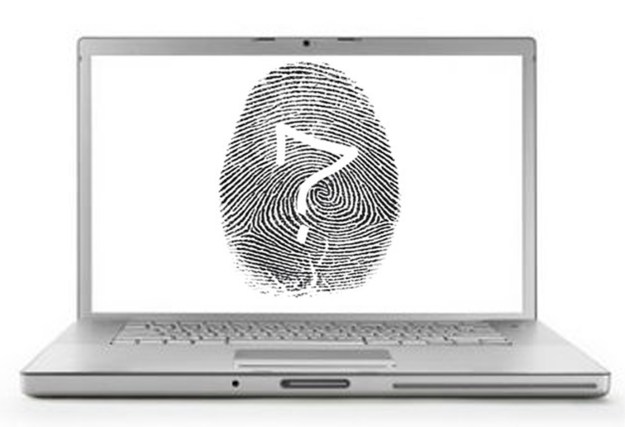 Up until quite recently, the Internet used to welcome the nameless with open arms. This was the place where Second Life avatars were born, where the commenting handle become a platform of the most honest self-expression, and where you could blog unabashedly without fear of your little brother finding and subsequently reading your diary. But Internet anonymity is taking a serious beating, and we have the merging of augmented reality and…well, real reality, to thank for that.
Up until quite recently, the Internet used to welcome the nameless with open arms. This was the place where Second Life avatars were born, where the commenting handle become a platform of the most honest self-expression, and where you could blog unabashedly without fear of your little brother finding and subsequently reading your diary. But Internet anonymity is taking a serious beating, and we have the merging of augmented reality and…well, real reality, to thank for that.
The more we live on the Web, the more we’re being held accountable there. Google+ infamously instituted its “real name policy,” abdicating that your legal given name is how you will be identified on the site. There was general backlash–mostly caused by its initial dismissal of anyone who it considered “fake,” but that has since died down. Facebook has had a similar agenda since day one, but it appears easier to circumvent their standards.
And social networks aren’t the only ones issuing identification crackdowns. Web publications are attempting to evade trolls by requiring real names via Twitter and Facebook sign-ins for commenting purposes. The upside here is that it will clearly scare off those that want nothing more than to begin an unproductive commentary, but the sacrifices are plenty.
Now, the fallout from the London riots looks like it will take yet another swing at extinguishing the Internet handle. The New York Times reports that after meeting with Twitter, Facebook, and BlackBerry, British officials are considering requiring Twitter users to register with their real names. Twitter’s response was that this isn’t an option, suggesting there might be something of a struggle between the company and the British government in our midst.
The entire episode has highlighted the fact that there is less and less to hide behind in the digital world, and that your technology can easily turn on you or turn you in–quite literally in the case of the riots. “When people use a telephone, under certain circumstances, law enforcement has a means of intercepting that,” senior police officer Gordon Scrobbie says. “Just because it’s a different media, we shouldn’t stand back and say, ‘We don’t play in that space.’”
Privacy Clearinghouse director of communications, Amber Yoo, believes that pseudonyms are an underpinning of online privacy. “On a site like Twitter, it’s really important that people are allowed to use pseudonyms there. That’s how it started, that’s how it works. People rely on it for political coordination, so this makes an alias integral for the service.” She also says that user backlash toward anonymity policies vary depending on the site: Google is an advertising company, so the reaction to the G+ real name policy makes sense. Facebook was first used for student-to-student contact, so it experienced milder feedback regarding this issue.
This isn’t the first time we’ve mentioned concern about the decreasing room for anonymity on the net, and it likely won’t be the last. Previously, we were uneasy about how Internet properties were dealing with this issue, and forcing their own agendas on consumers. This time, the tone is being set by legal officials. If in reaction to the BART protests, San Francisco police suggested that all citizens of the city had to use their real names on Twitter and Facebook and the like, we would hope there’d be a very strong reaction. Were we all required to do this, social networking sites would become an incredibly useful, and potentially manipulated tool for law authorities.
What seems most confusing to us is that this entire reasoning seems to be based on the fact that people only use pseudonyms for crime, or that at least enough of them do to justify anti-anonymity actions. Of course this just isn’t the case, and we have to disagree with Mark Zuckerberg’s opinion that attempting to have separate identities on and off the net means a person “lacks integrity.” It doesn’t necessarily make you shady, and it might even make you smart (who really wants their LinkedIn and Farmville profiles to bear the same user name?). And flat-out putting the kibosh on Internet anonymity is a concept that is destined for failure–just ask South Korea.
Just to play devil’s advocate, we can understand why this discussion needs to at least be had. When the Internet was consuming a fraction of our time, being anonymous wasn’t as much of a liability. Now it consumes monstrous amounts of it: It’s where a massive amount of our interactions take place. It’s much more powerful and we’re able to do so much more with it. So when a platform changes, so should its rules.
We fail to think that Twitter and message boards should act as babysitters, and hopefully the Internet handle isn’t about to feel some more hurt. Some sites need real names, and some don’t. Personally, we don’t think Twitter does. But it appears that might be up for debate.


